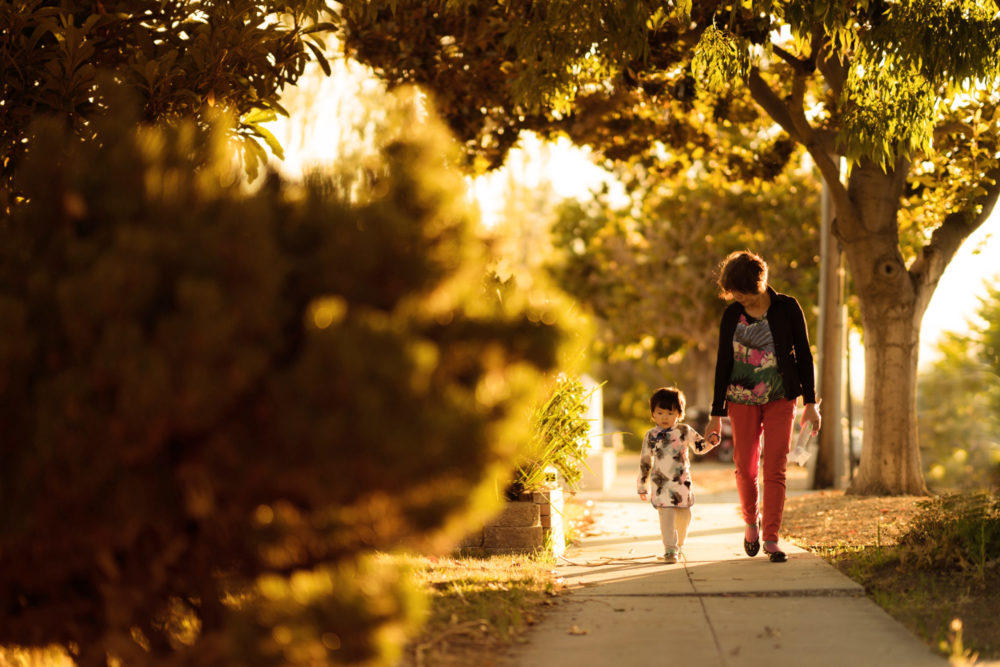Understanding Queensland's Blue Card system
What is a Blue Card?
The Blue Card system is the Queensland Government’s working with children check. Children have the right to be safe and protected from harm, and the Blue Card system allows the Government to check and monitor individuals who come into contact with children through activities such as child care, education, sport, cultural activities and foster care. People without Blue Cards aren’t allowed to work or volunteer with children except in very limited circumstances.
The Blue Card system consists of screening, ongoing monitoring and risk management.
- Screening establishes that a person is eligible to work with children based on their police or disciplinary history.
- Ongoing monitoring ensures that if information about a person with a Blue Card changes, for instance if they are charged with a criminal offence, immediate action can be taken to protect children from harm where required.
- Risk management happens at an organisational level and means that organisations such as You Be You must develop and implement risk management strategies to ensure the safety of children in care.
Why do I need a Blue Card?
If you want to become a foster carer, you need a Blue Card. Under the Child Protection Act 1999, all approved foster carers need a Blue Card. Any adult living in the same household as an approved carer while they are providing care for a child must also have a Blue Card. Other adults who have regular contact with children in care, for example a family friend who regularly picks them up from school, might also need to have a Blue Card. This is to protect children and young people in care.
You might wonder why you need a Blue Card if you already have a Police Check. A Police Check is only a record of disclosable convictions recorded ten years prior to the date it is issued and does not continually monitor for new information. A Police Check also does not consider disciplinary or other information that may be relevant to whether a Blue Card application is successful.
If you work in a role with an exemption, for example as a health practitioner or ambulance service officer, you don’t need a Blue Card for work, but you will still need a Blue Card if you’re applying to be a foster carer. This is because foster care is unrelated to your work.
Blue Card laws changed in August 2020. What's new?
The most important change is the “No Card, No Start” law, which means that you cannot work or volunteer in a position requiring a Blue Card until your application is approved. This means you will need to be approved for a Blue Card before you start to care for children and young people. Any adult household member will also need to be approved before you start to foster, and if someone new moves into your household (like a new partner, or your own adult children moving back home), they’ll need their Blue Card approved before they can live in the same household as any children or young people you are fostering.
If your Blue Card is due to expire, you’ll need to renew it before the expiry date, otherwise you won’t be able to continue to foster until the renewal has been approved.
The new laws also mean that you’re obligated to notify the government immediately if there is a change to your police information.
You can find more information about the changes to Blue Card laws on the Queensland Government website.
Can I get help with my Blue Card application?
We know it’s complicated and you might still have questions, so if you’re applying for a Blue Card as part of your application to become a foster carer, we’ll be able to help you. Speak to your local You Be You team for more information about your Blue Card application, or call us on 1300 000 828.
You can also find more information on the Blue Card system on the Queensland government website.

